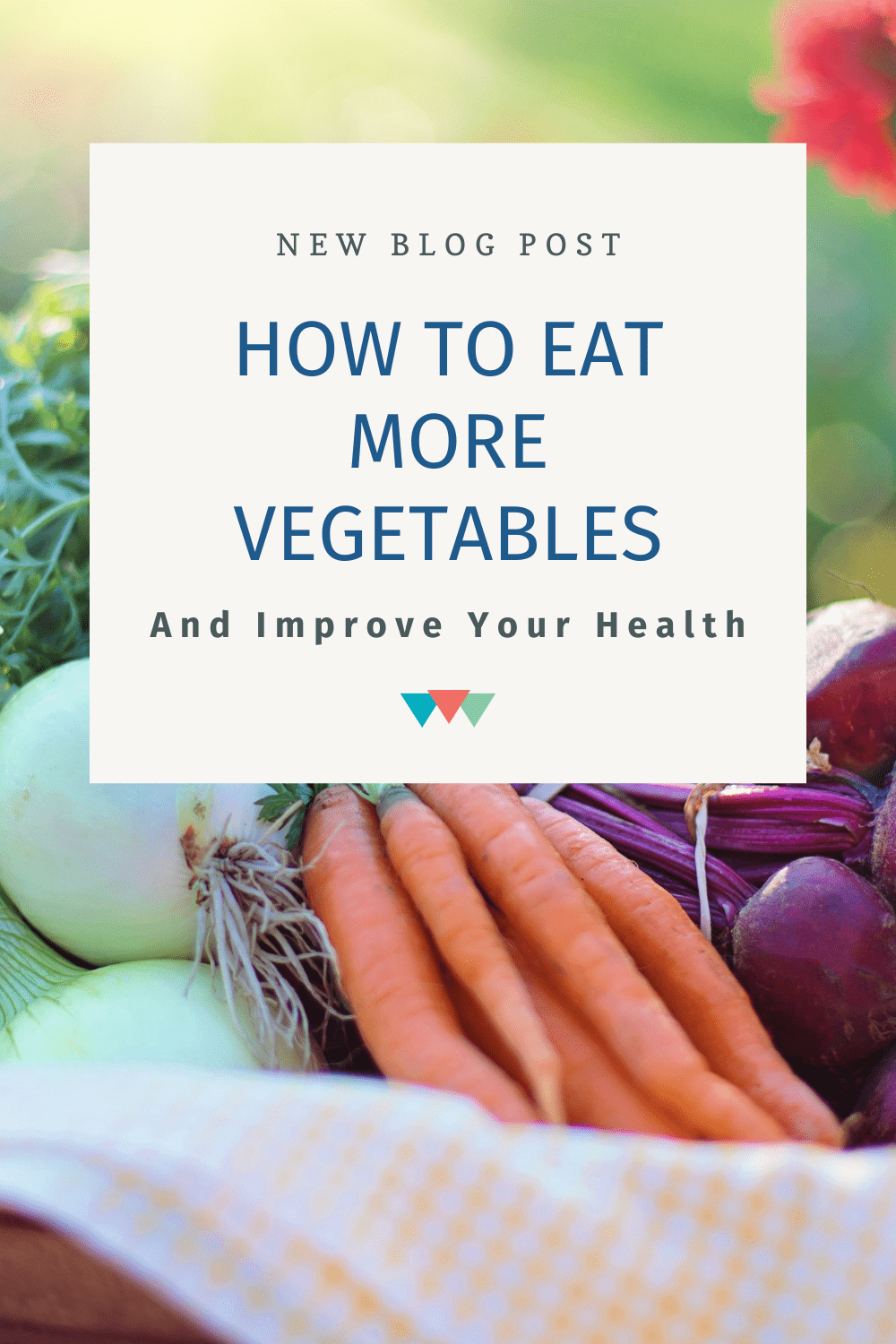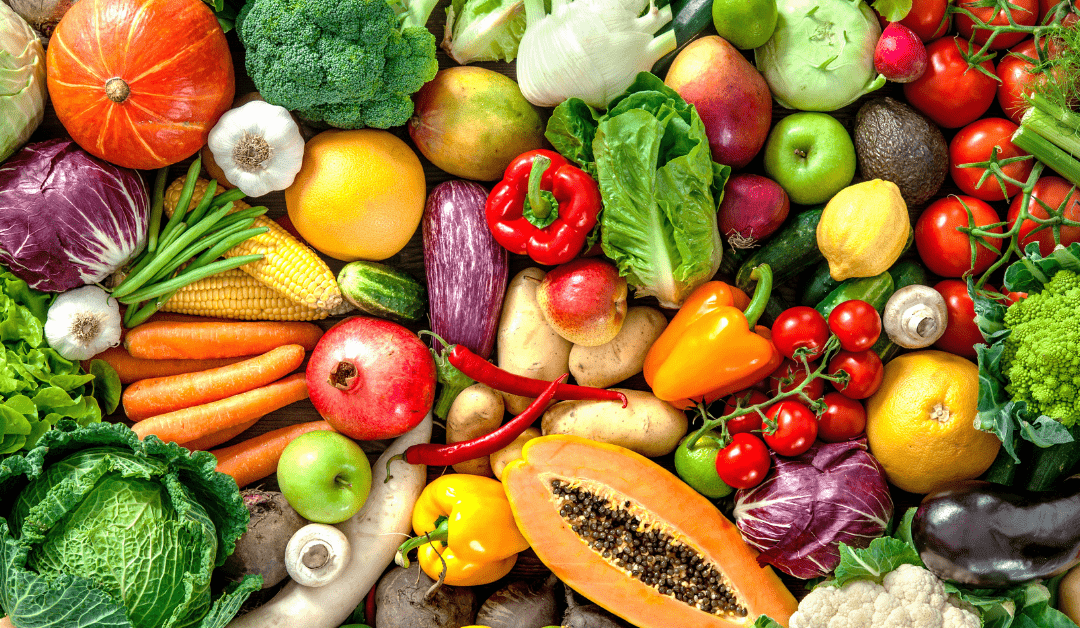“Eat your vegetables, there’s starving kids in Africa,” is a phrase you probably heard often as a child. However, your parents had a reason for encouraging you to clean your plate. Why do vegetables matter for your health? Let’s talk about that today on the blog.
Why Do Vegetables Matter For Your Health?
Next time you see greens powder advertised on Instagram, take a step back from what they are selling, save money, and go visit the produce section instead. Chances are they have a little less sugar, no added chemicals, and, well, they’re a much healthier way to get your greens in.
As a society, we have given up on the easiest possible option to improve our health: eating vegetables.
Vegetables aren’t just a means for parents to enforce finishing your plate; they are essential for your health. Despite the convenience of greens and other alternatives, choosing fresh produce over greens powder is better for your health and the more economical choice.
What Should You Eat?
While there’s no such thing as a “bad” vegetable, introducing more color into your diet is critical for your health. Sweeter options like corn, peas, and carrots are acceptable but should be balanced with low-sugar alternatives like broccoli, spinach, cucumbers, and peppers of various colors. When you bring balance into your diet, you are getting essential vitamins, fiber, and fewer sugars.
There is a variety of information about how many vegetables you should eat a day. While some studies suggest seven servings a day, the CDC recommends two to three cups of vegetables daily. This is a great starting point for those who may not be accustomed to a whole food-rich diet.
How To Eat More
The hardest part about eating vegetables is figuring out what types you like. Once you figure out what you like, you can add them to your day in numerous ways.
- Wash and prep vegetables immediately after grocery shopping to eliminate excuses for not using them.
- Add vegetables to breakfast by incorporating them into eggs or blending them into smoothies.
- Make a rule of filling half your plate with vegetables for lunch or dinner.
- Consider using frozen vegetable steamers for quick and easy additions to your meals.
- Mix vegetables into your favorite dishes, like tacos or burgers, for added flavor and nutrients.
- Utilize search engines like Pinterest and Google to try and find new recipe ideas.
Remember, the key is not to overcomplicate it.
Eating more vegetables doesn’t have to be a daunting task. By following these simple steps and incorporating a variety of colorful options into your meals, you can improve your overall health, energy levels and stress levels.
ABOUT ME

Hey There, I’m Kristin, a gluten-free nutrition coach helping gluten-free families adjust to their new lifestyle.


